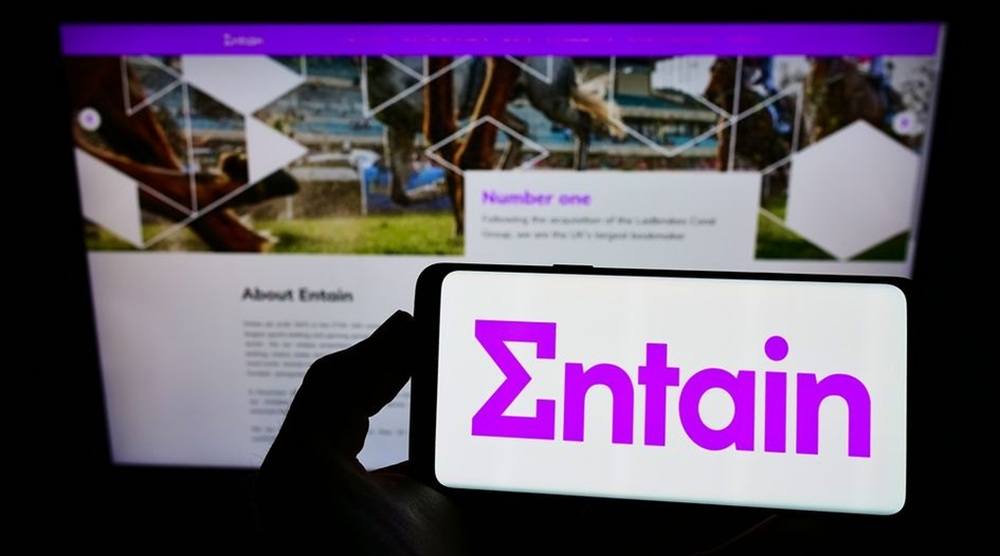Calls for Snapchat to Remove Sportsbet Ads Over Gambling Risks

- by Admin
- December 11, 2024

Australian politicians have called for the immediate removal of Sportsbet advertisements from Snapchat, expressing concerns about their potential influence on young people. These ads, featuring interactive filters branded with Sportsbet logos, allow users to transform into racehorses or presenters with a branded microphone. Critics argue that such advertisements normalize gambling and promote brand recognition among Snapchat’s largely youthful audience.
Snapchat boasts a user base where approximately 80% of individuals fall within the 13- to 24-year-old age group in Australia. While users under 18 cannot directly access the Sportsbet filters or click through to the bookmaker’s website, younger audiences can still view these filters through shared videos or public stories, raising alarms about indirect exposure.
Calls for Immediate Action
Greens Senator Sarah Hanson-Young has demanded the removal of these ads, emphasizing that Snapchat is primarily a platform for young people. “Snapchat is clearly a platform for young people, and these ads have no place on there,” she said, according to The Guardian. Hanson-Young also highlighted Australia’s significant gambling losses, stating, “Australians lose more per capita to gambling than any other country.”
Independent MP Kate Chaney, who participated in a parliamentary inquiry into gambling advertising, also voiced her concern, stating, “It is deeply concerning that gambling ads continue to reach children on platforms like Snapchat, despite claims of age restrictions.” Chaney criticized gambling companies for fostering familiarity with their products at an early age, describing it as creating a “pipeline of future customers.”
Tasmanian MP Andrew Wilkie echoed these sentiments, calling the ads inappropriate and urging for their removal. “Gambling ads groom our children to normalize and engage in gambling behaviors, at the risk of future gambling addiction,” he said.
Broader Criticism and Industry Response
The ads have drawn criticism from medical professionals and child advocates as well. Australian Medical Association President Dr. Danielle McMullen pointed to the risks of gamifying gambling ads. “Not only are they exposing kids to the concept of online gambling, but by gamifying [the ads] and making them interactive, there is an additional level of risk and harm there,” she explained.
Snapchat, owned by Snap Inc., defended its advertising policies, which restrict gambling ads to users aged 18 and older. However, the platform has faced mounting pressure to reassess its ad vetting processes.
Sportsbet, for its part, emphasized its efforts to ensure its ads target adults, stating, “We take all reasonable steps to ensure our content reaches adult audiences, including restricting anyone under 18 from clicking on a Snapchat image through to the Sportsbet app.”
This isn’t the first time Sportsbet’s advertising practices have faced scrutiny. Last week, the company paused ads on Spotify following complaints that gambling promotions were playing between children’s songs.
Growing Debate on Gambling Advertising
The controversy surrounding Sportsbet’s Snapchat filters comes amid broader discussions about gambling advertising in Australia. Some politicians have renewed calls for stricter regulations, including a complete ban on gambling ads, as recommended by a bipartisan parliamentary inquiry 18 months ago.
Crossbench MP Monique Ryan summed up the concerns, saying, “It is simply not appropriate to allow this harmful industry to target our young people in an extremely vulnerable stage in their lives.” Moreover, a social media ban for children under 16 passed the Australian Parliament last week. According to NPR, Australia became the first country in the world to impose such a social media ban.
As public pressure builds, the future of gambling advertising on youth-focused platforms like Snapchat remains uncertain. Critics continue to urge immediate action to protect young Australians from potential harm while advocating for more robust safeguards in advertising practices.
The Latest News
-
December 22, 2024The remarkable Lleyton Hewitt feat Cruz Hewitt can emulate after being handed 2025 Australian Open wildcard
-
December 22, 2024Forgotten man removes himself from Test talk
-
December 22, 2024Tiger Woods’ son Charlie makes a hole-in-one in the final round of the PNC Championship – Australian Golf Digest
-
December 22, 2024Tennis’ love match: Meet ‘Aussie’ Matteo Arnaldi and his Melburnian girlfriend
-
December 22, 2024GEORGIE PARKER: McSweeney was McStiff to get axed





